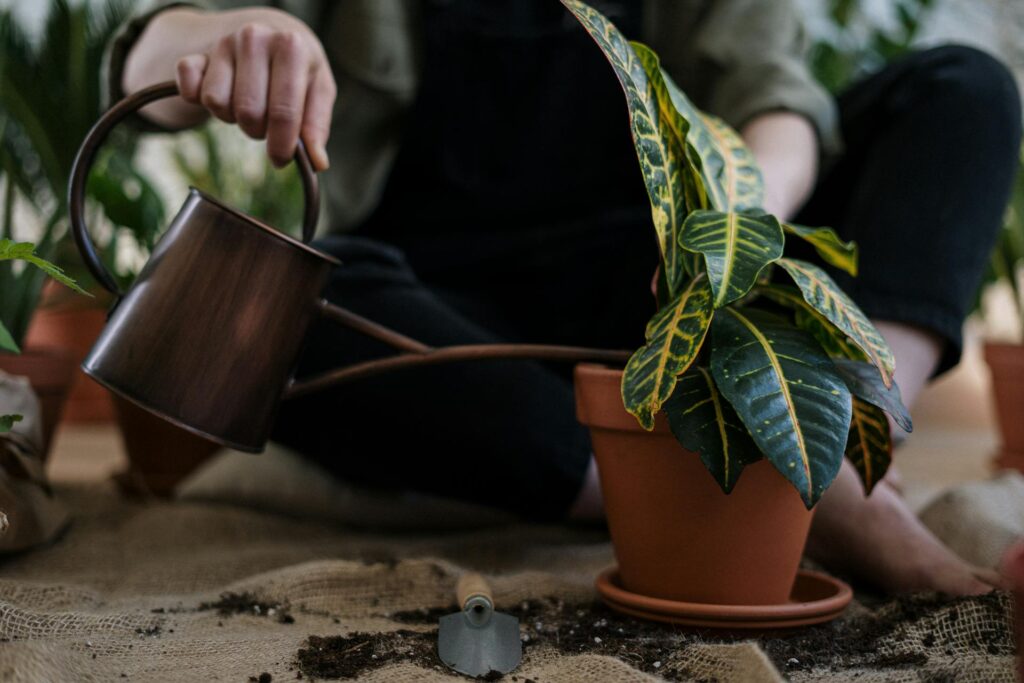Starting a home garden can be an exciting and rewarding endeavor, whether you’re a seasoned gardener or a complete beginner. Not only does it provide a source of fresh, nutritious produce, but it also offers a therapeutic escape and a deeper connection to nature. However, getting started can seem overwhelming with so many variables to consider. To help you embark on your gardening journey with confidence, here are some essential tips to guide you through the process.

Start Small
It’s tempting to dive headfirst into gardening with grand plans, but starting small is key, especially for beginners. Begin with a small plot or a few containers to manage and learn the basics. As you gain experience and confidence, you can gradually expand your garden.
Choose the Right Location
Selecting the right location for your garden is crucial for its success. Most vegetables and herbs require at least six hours of sunlight daily, so choose a spot with adequate sunlight exposure. Additionally, ensure the area has good drainage to prevent waterlogging, which can lead to root rot.
Prepare the Soil
Healthy soil is the foundation of a thriving garden. Before planting, take the time to prepare the soil by loosening it with a garden fork or tiller and incorporating organic matter such as compost or aged manure. This enriches the soil with essential nutrients and improves its structure, promoting better drainage and root growth.
Choose Suitable Plants
When selecting plants for your garden, consider your climate, soil type, and available space. Opt for varieties that are well-suited to your region and growing conditions. Start with easy-to-grow crops like tomatoes, lettuce, peppers, and herbs, which are ideal for beginners and provide relatively quick results.
Water Wisely
Proper watering is essential for the health and vitality of your plants. Establish a regular watering schedule and ensure consistency, especially during hot and dry periods. Water deeply and infrequently to encourage deep root growth, rather than shallow, frequent watering, which can lead to weaker plants.
Mulch for Moisture and Weed Control
Applying mulch to your garden beds offers numerous benefits, including moisture retention, weed suppression, and soil insulation. Organic mulches like straw, shredded leaves, or grass clippings also break down over time, enriching the soil with nutrients.
Practice Pest and Disease Management
Keep an eye out for common garden pests and diseases, such as aphids, slugs, and fungal infections. Regularly inspect your plants for signs of damage or infestation, and take proactive measures to control pests, such as handpicking, using natural predators, or applying organic insecticides.
Stay Consistent with Maintenance
Consistent maintenance is key to a successful garden. This includes tasks such as weeding, pruning, and fertilizing. Set aside time each week to tend to your garden, addressing any issues promptly to prevent them from escalating.
Keep Learning and Experimenting
Gardening is a continuous learning process, and there’s always something new to discover. Don’t be afraid to experiment with different plant varieties, growing techniques, or garden layouts. Take note of what works well and what doesn’t, and use each season as an opportunity to refine and improve your gardening skills.
Enjoy the Process
Above all, remember to enjoy the process of gardening. Take pleasure in nurturing your plants, observing their growth and development, and harvesting the fruits of your labor. Gardening is not only about the end result but also about the journey and the connection it fosters with the natural world.
Starting a home garden can be a fulfilling and enriching experience, providing a sense of accomplishment and connection to the land. By following these essential tips and embracing the joys and challenges of gardening, you’ll be well on your way to cultivating a thriving and bountiful garden of your own.